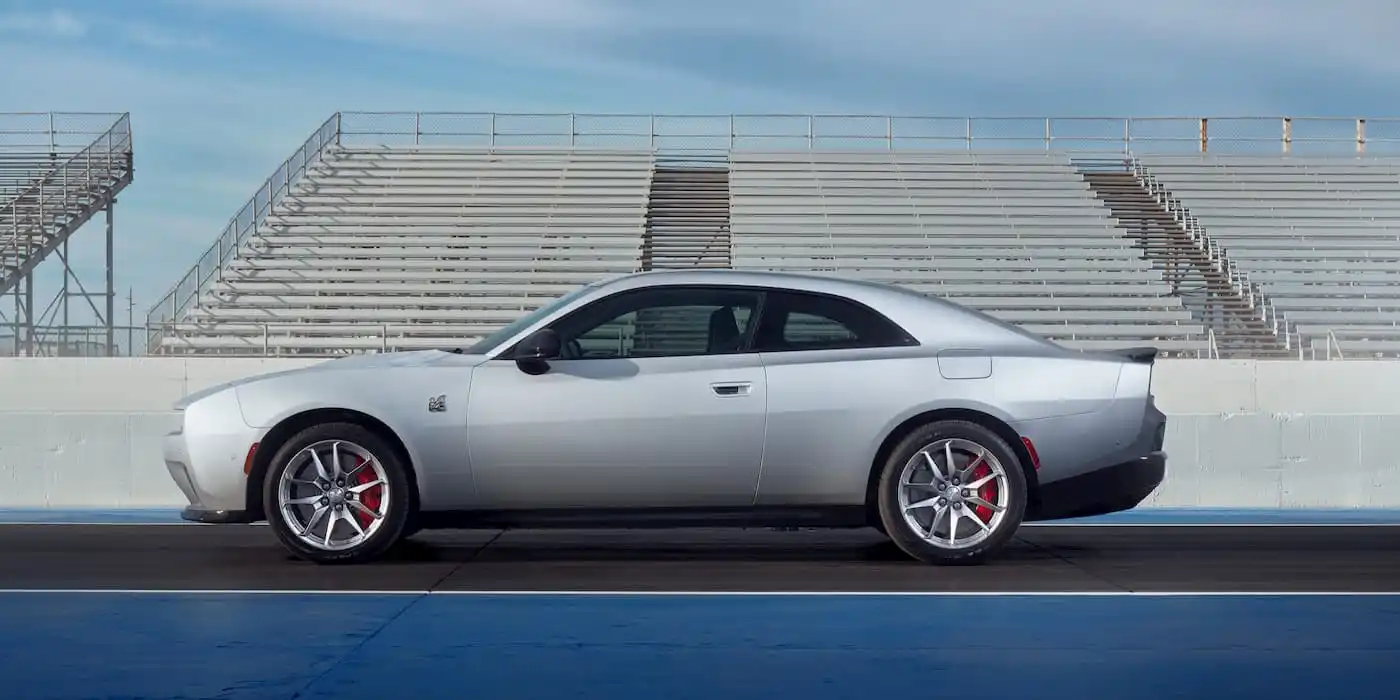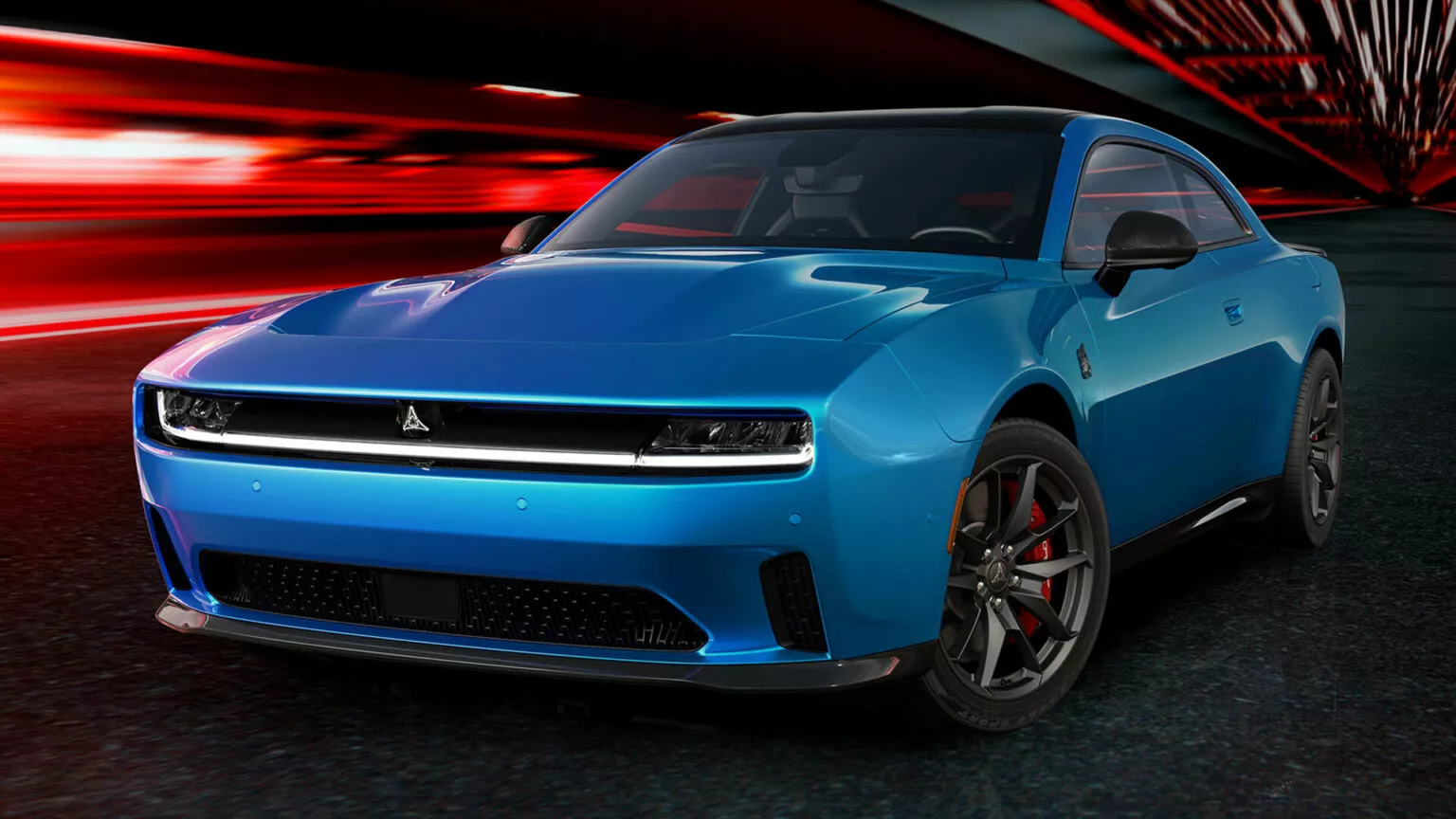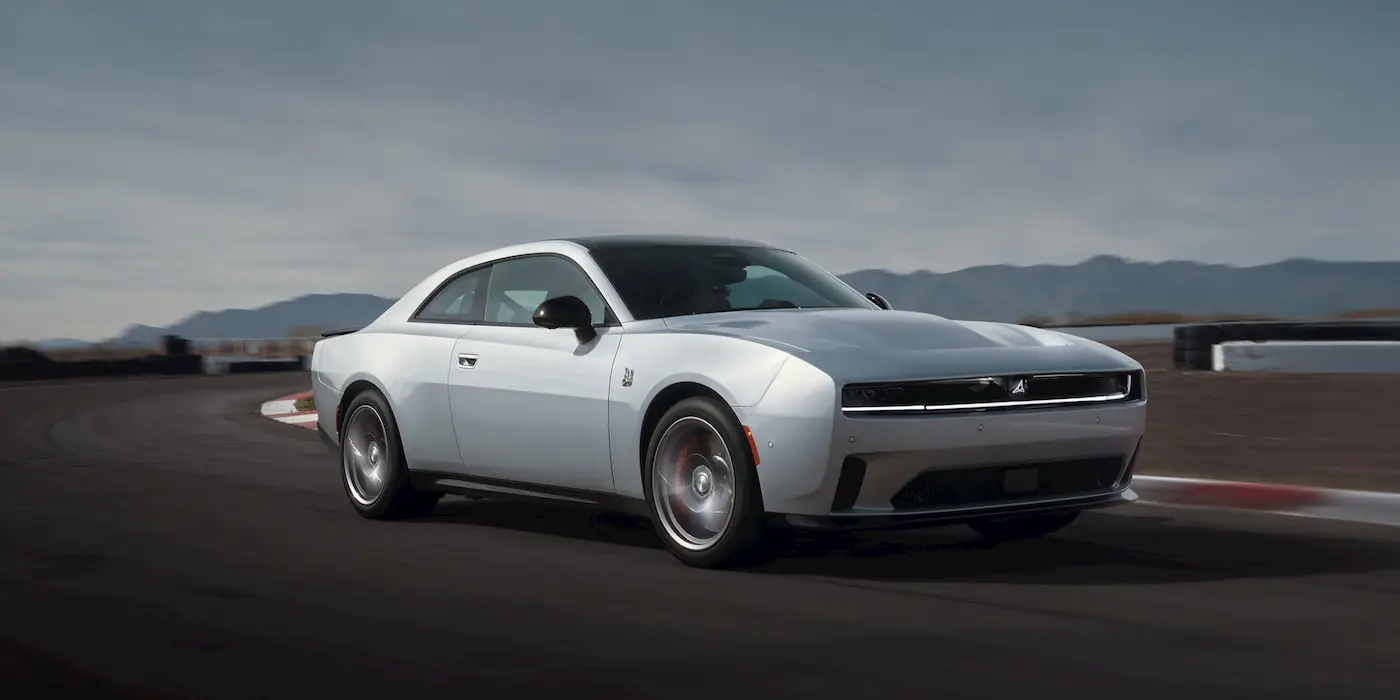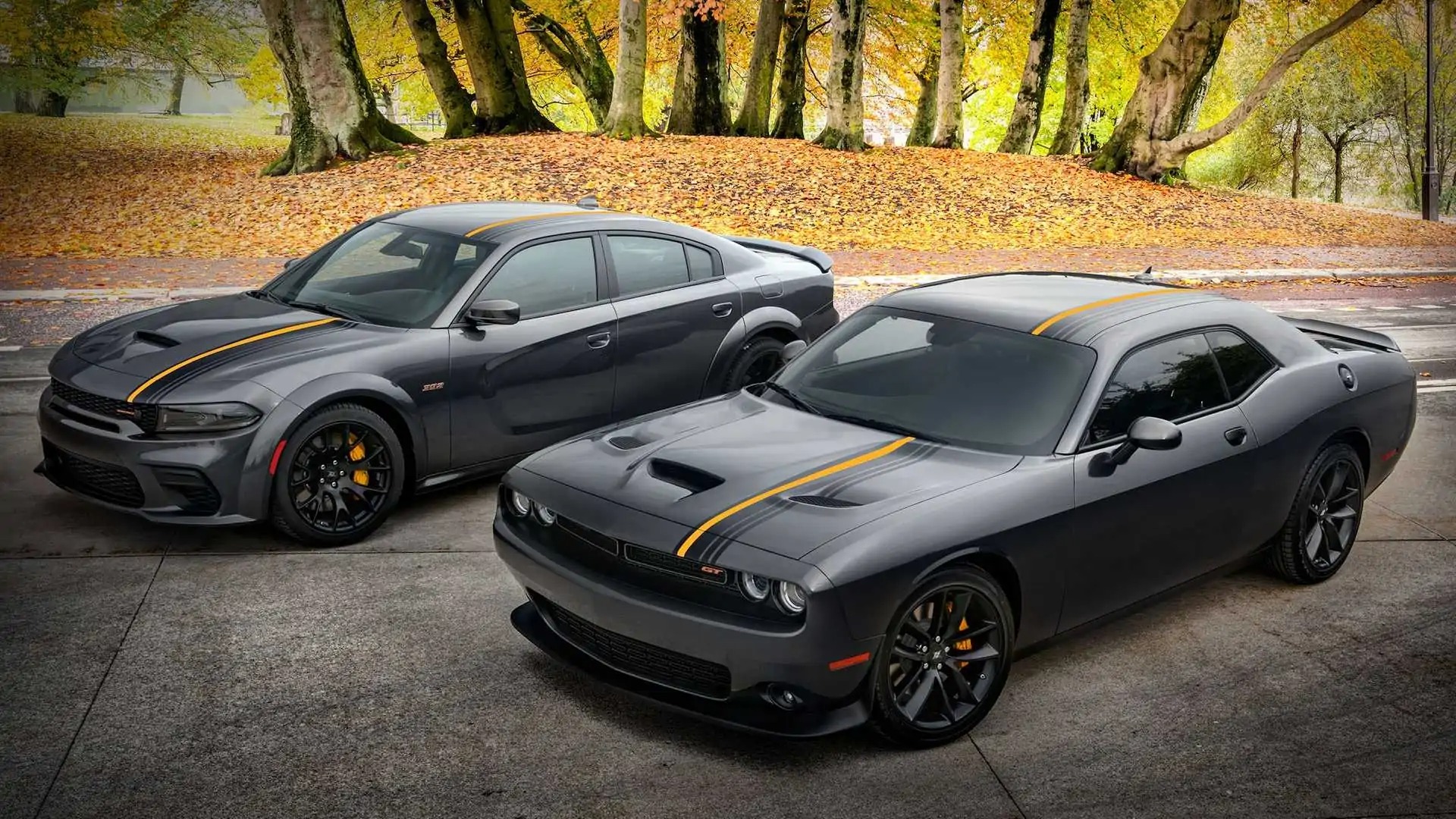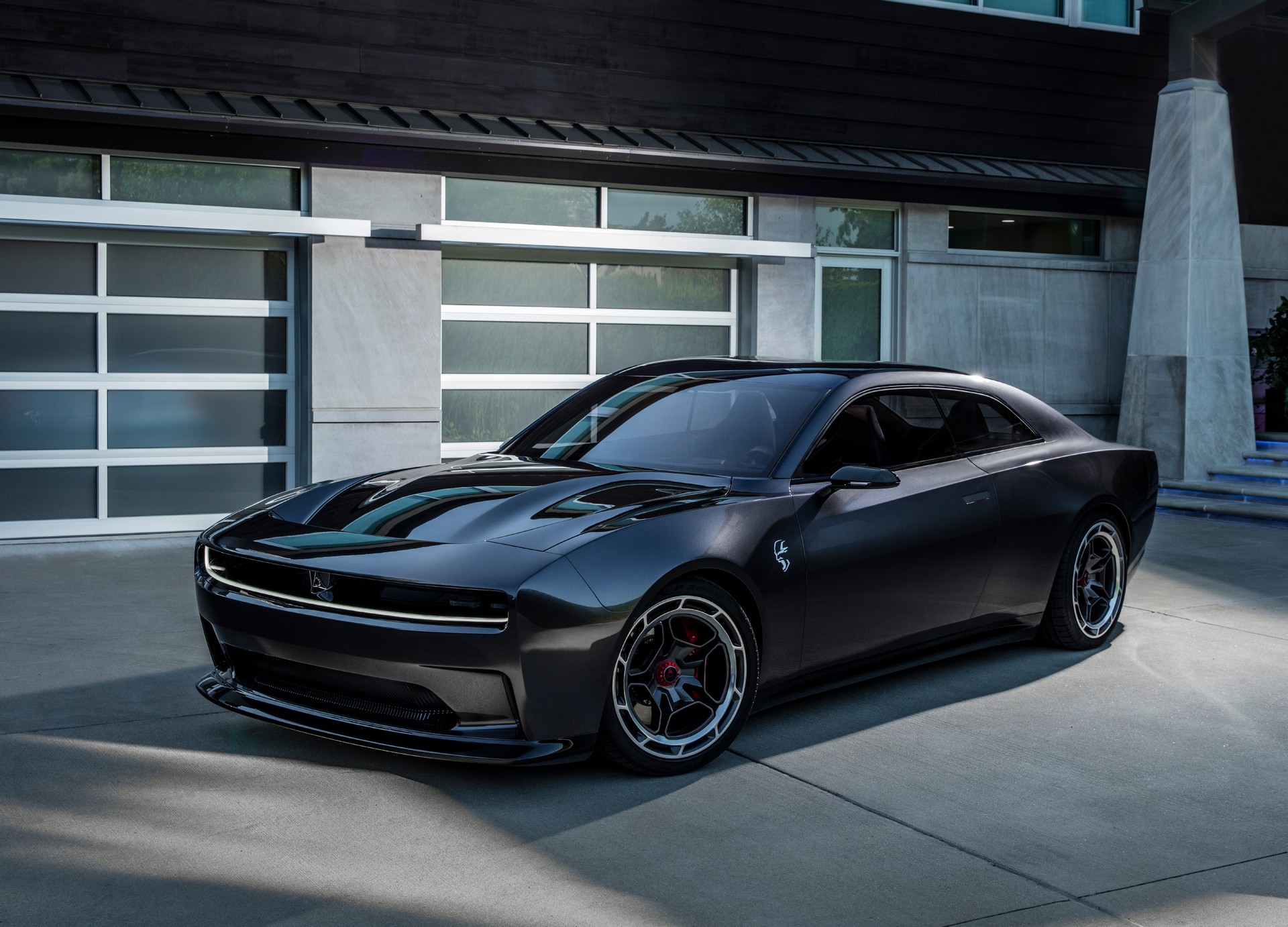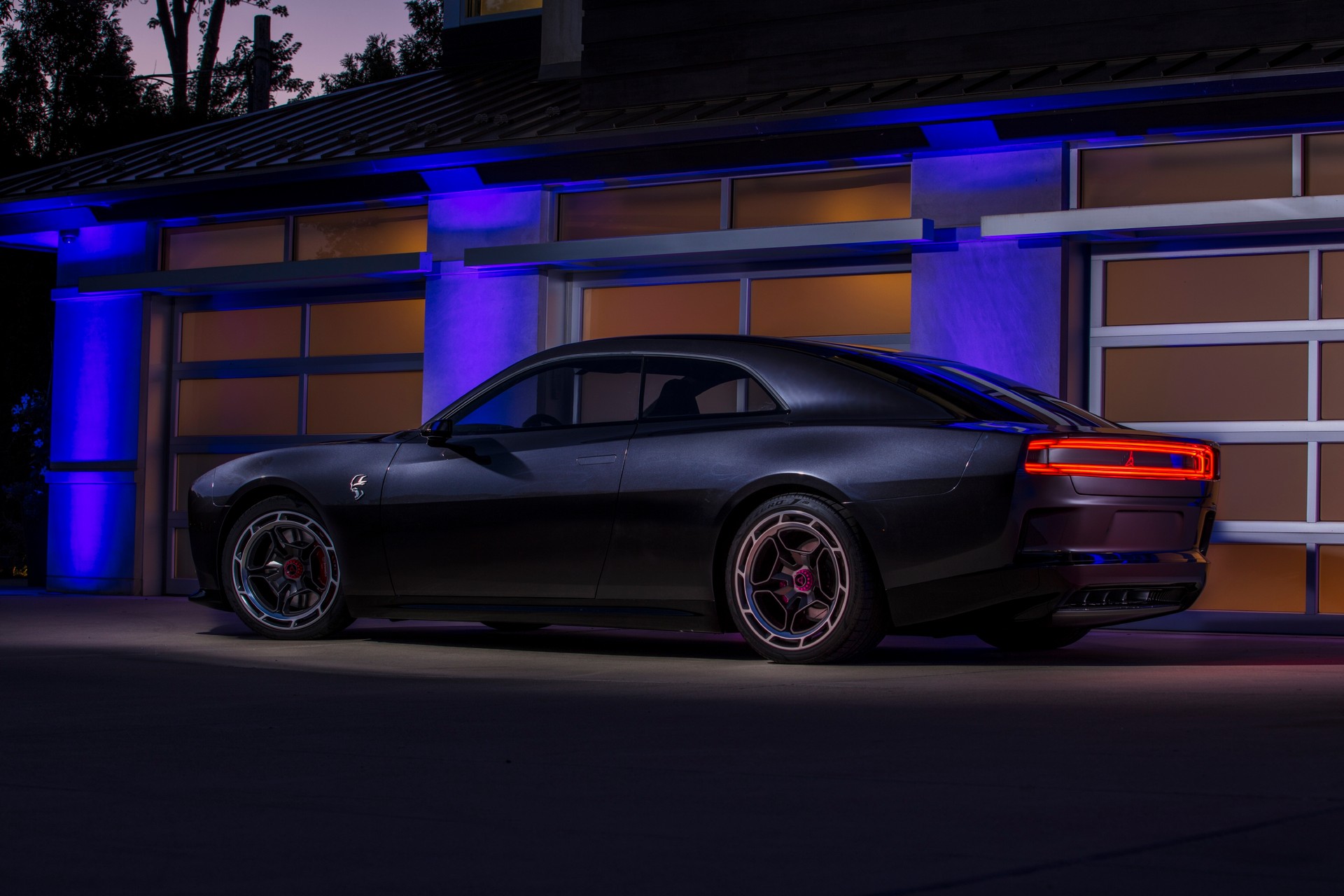After a two-year wait since its initial concept reveal, Dodge has launched the all-electric 2024 Dodge Charger Daytona, embodying the classic muscle car ethos with a modern electric twist. CEO Tim Kuniskis emphasized that the new model was designed with the same performance-driven attitude as its predecessors, despite the shift to electric power.
The Dodge Charger Daytona R/T model boasts an impressive range of 317 miles (510 km) per charge, but Kuniskis revealed that the car could have achieved even greater distances if efficiency had been the primary goal.
See also: Dodge Makes Electrifying Move with 2024 Charger Daytona EV: Unveiling the Future of Muscle Cars
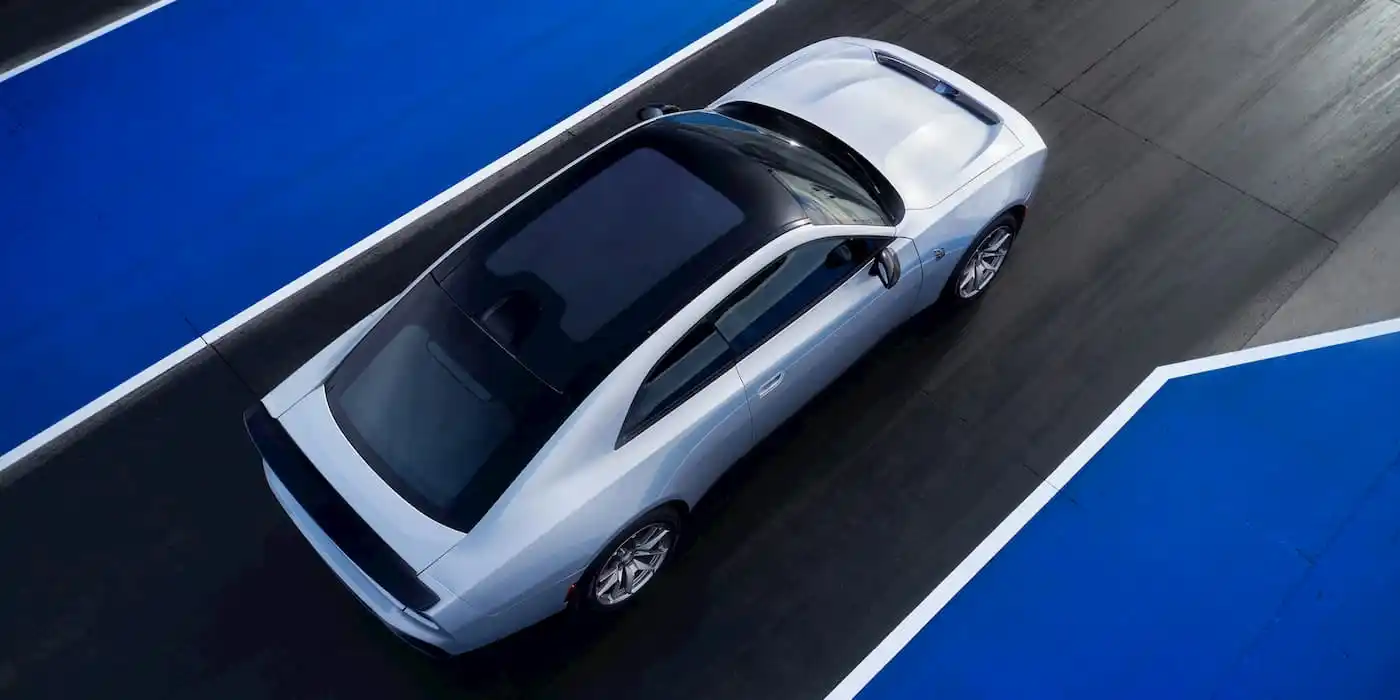
“Every decision on this car we made hurts efficiency. Fratzonic: hurts efficiency. 305s, 325s: hurts efficiency. Sixteen-inch brakes: hurts efficiency,” Kuniskis explained at the car’s launch event. “The R wing design — we could have not done that. We could have done the melted jelly bean like everybody else, that would have given us, instead of [317 miles of range], sure, we could have had higher range.”
However, Kuniskis emphasized that the company prioritized power over longer distances. He stated that he was willing to sacrifice 50 miles of range for a car that looks “way cooler” than its competitors.
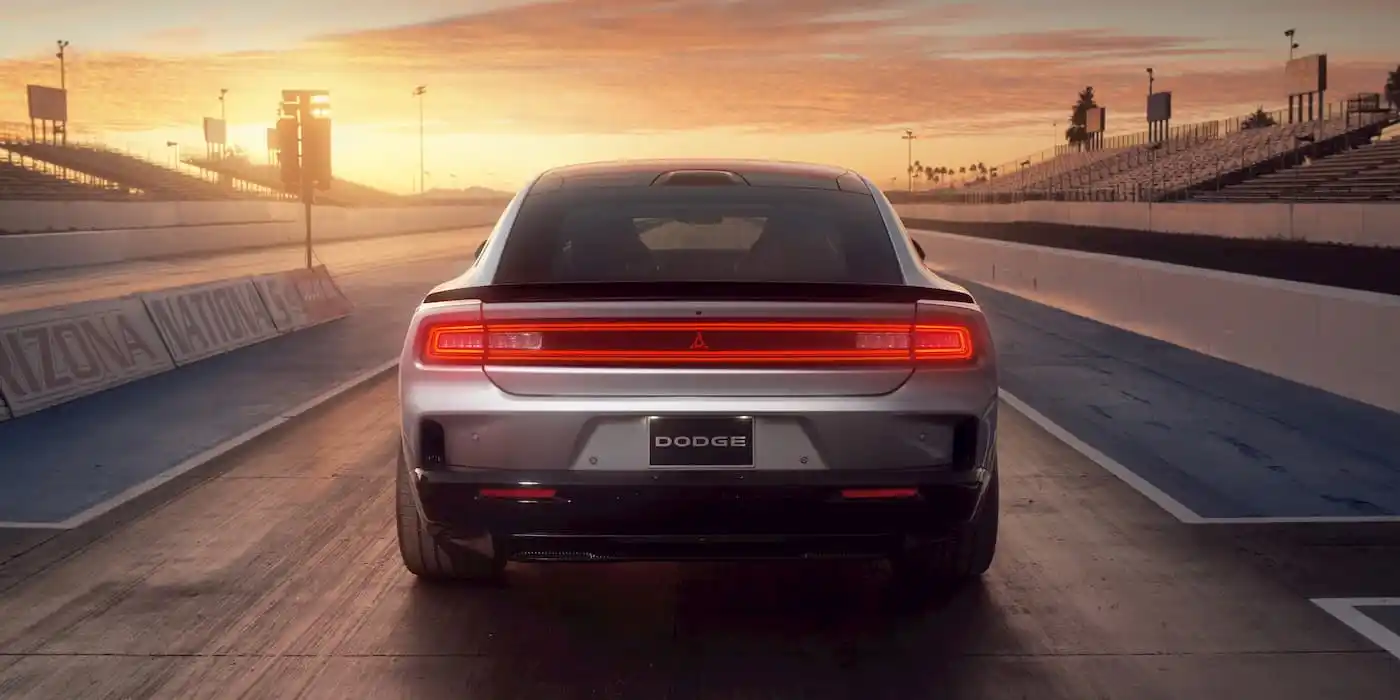
“That’s why we purposely put in the [promotional] video, ‘What’s the fuel economy of a muscle car?’ Nobody knows. It’s friggin’ terrible!” Kuniskis admitted. “But that’s not why you bought it. And that’s not why you’re gonna buy this car, either.”
While the emphasis was on performance, not every decision was solely based on aesthetics. Dodge, along with Stellantis, chose a “multi-energy” platform to accommodate both electric powertrains and internal combustion engines, sacrificing some efficiency for market flexibility.
See also: Dodge wont allow third party tuning for its electric muscle cars
This decision reflects a practical approach to aligning with customer preferences. While electric vehicle adoption rates are high along the coasts, there is still hesitancy in the middle of the country. By sacrificing some efficiency, Kuniskis believes Dodge will be better positioned to meet customer demands, rather than waiting for customers to catch up with a fully electric platform.

